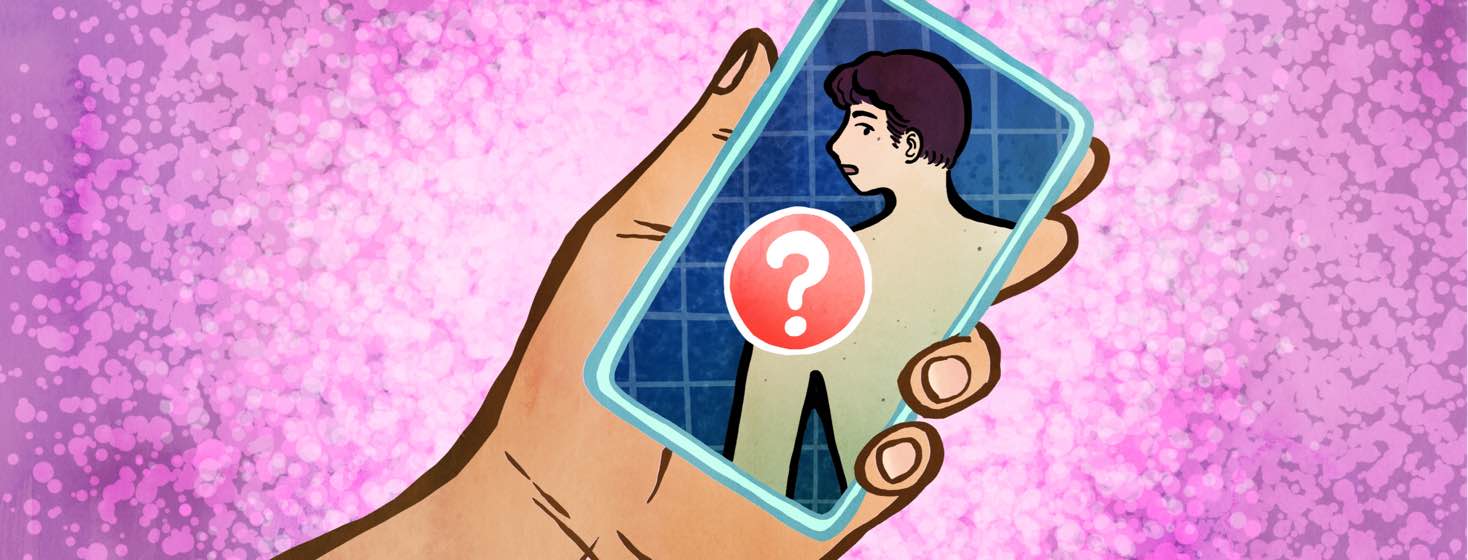Skin Cancer App Warning
It’s amazing that my smartphone now replaces a telephone, an atlas, a calculator, a television, a watch, a typewriter...It seems like there is an app for everything. I think there is an app now to organize my apps. Sometimes it gets a bit overwhelming and then, I think how I would be without this gadget. Probably lost.
Telehealth and skin cancer apps
With the new emphasis on telehealth and seeing nearly everyone in my life virtually, I have continued to track just how smart a smartphone can be when it comes to detecting skin cancer. I wrote an article on this a while back when companies began to explore ways to deliver better medical care to skincare patients.
Virtual detection through skin cancer apps
Much has happened since my article was written. Some international companies are continuing to extend the capabilities of smartphone technology in assisting patients and their physicians in the virtual detection and diagnosis of skin cancer. These efforts include helping doctors rule out melanoma lesions by using high definition images, which are analyzed by computer algorithms.1
Skin cancer apps under review
While this seems promising especially for those who cannot see a physician, these types of apps have come under scrutiny recently. A study in the British Journal of Medicine (BMJ) has advised against the use of apps to assess skin cancer lesions. Researchers found the performance of these apps to be variable and not reliable.2
Are skin cancer apps reliable?
Their criticism focused on the research methods used by companies to make claims about the reliability of their skin cancer detection apps. The researchers noted that these companies used medical experts to take photos of the possible lesions instead of the patients themselves. The study concluded that any claims made for the effectiveness of these apps should only be based on real-world scenarios.2
Additionally, the study concluded that the successful use of images in skin cancer assessment is contingent upon the quality of the camera and the capabilities of the app itself. Some apps are limited in their ability to detect different types of skin cancers. Another critical limitation of these apps is their reliance upon the patient in accurately sending information to medical professionals for follow-up. They require tech-savviness.2
Balancing the pros and cons
I think that there is a place for skincare apps, especially for those who cannot see a physician. I agree that there are probably limitations, especially with regard to how well the apps are able to transmit information. I think that this can be overcome as most smartphones now have facial recognition capabilities and are improving with each new generation.
My biggest issue with any virtual medical assessment, detection, or diagnosis is that they are not in person. I think that “hands-on” dermatology appointments are always preferable. Dermatologists can tell a lot by the feel of the skin and the thickness of lesions, bumps, and moles. I don’t believe there is a replacement for these examinations. As a melanoma survivor, I want to be seen by a medical professional. I am also thankful for technological advancements that assist those who cannot be seen.

Join the conversation